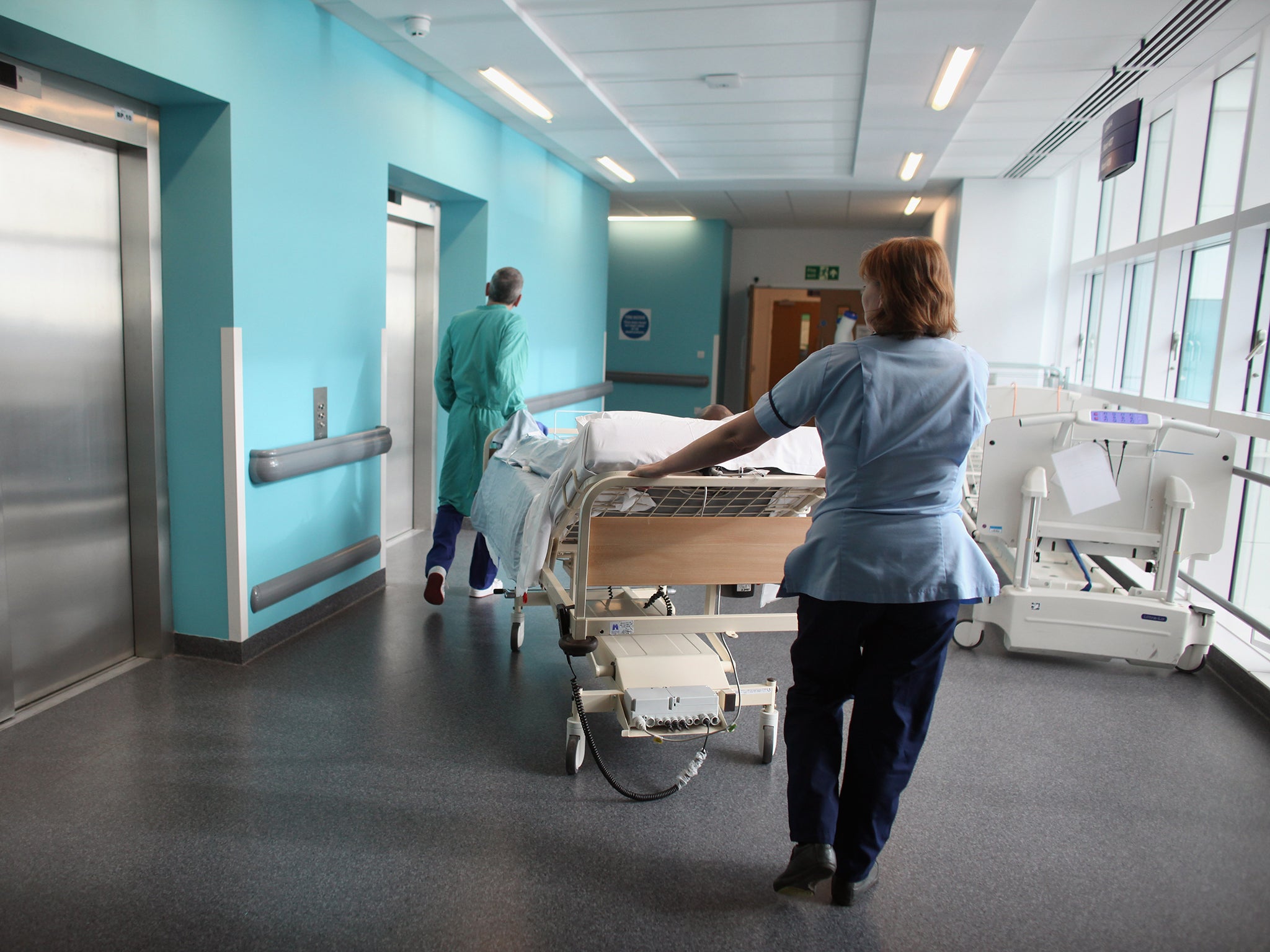At 24, I have end-stage renal failure. In the stillness that followed my diagnosis, I discovered I was happy
Tony Bennett’s saying works well here: ‘Life teaches you how to live it, if you live long enough'

Your support helps us to tell the story
From reproductive rights to climate change to Big Tech, The Independent is on the ground when the story is developing. Whether it's investigating the financials of Elon Musk's pro-Trump PAC or producing our latest documentary, 'The A Word', which shines a light on the American women fighting for reproductive rights, we know how important it is to parse out the facts from the messaging.
At such a critical moment in US history, we need reporters on the ground. Your donation allows us to keep sending journalists to speak to both sides of the story.
The Independent is trusted by Americans across the entire political spectrum. And unlike many other quality news outlets, we choose not to lock Americans out of our reporting and analysis with paywalls. We believe quality journalism should be available to everyone, paid for by those who can afford it.
Your support makes all the difference.I’m sitting here at 1.20pm on a Sunday afternoon waiting for the last hour of my 9-hour stint on a dialysis machine to end. I was out last night at a (fabulous) party, got home and plugged in late. And so my life goes, for the foreseeable future.
I’m constantly working around this niggling commitment, timing to the minute all my evening plans and sometimes, if I have to get up early, having to forgo them altogether. Not exactly what I dreamed of when I envisaged myself at 24.
When I was told I was experiencing end-stage renal failure and would imminently have to go on dialysis back in June, I’ll be honest, I wasn’t over the moon. But I have had a number of realisations in this time that I wouldn’t exchange for a lifetime’s bill of good health.
Back when I had that fateful conversation this summer I was trudging in to a job I wasn’t particularly happy in; I was constantly comparing myself to my peers and I was berating myself for, in my eyes, not achieving what I should be at that stage in life.
With the headlong smash that comes from a health problem rearing its rather unattractive head there also comes a moment of unequivocal stillness. In this moment your whole world is re-aligned and appreciated anew: your family, yourself, your situation, your past experiences, your future hopes, the lovely shade of blue on your consultant’s teacup. Everything.
This is a far more powerful and longer-lasting feeling than can be achieved, say, at a yoga retreat or through reading a well-received and well-meaning but ultimately pointless self-help book. I’m afraid the lifelong reverberations that accompany this particular kind of revelation are reserved for the (dare I say lucky?) few who experience a health blip of the serious kind.
Basically, we gain stupendous perspective. I now recognise and, more importantly, really live by the adage that I would rather be happy. I have subsequently noticed a number of changes in my life, and in myself.
I have found myself in a less well-paid, but far happier, job. I have ceased, to a large degree, to ‘fret the small things’ and a myriad of quirks that would have bothered me a few months ago now scatter to the wind as soon as I tell them to bugger off. I have even pursued and followed through with some small, somewhat silly things I have always wanted to do, but until now had resigned to my perpetual ‘some other time’ pile.
I have written three children’s books (although they aren’t published – yet), I’ve started a greetings card business and I’ve been writing a blog called Greet Each Day that is about, of course, life on dialysis. All small, all fairly inconsequential, but all bring me a far greater feeling of fulfilment than any office job I would once have ironically regarded as all-defining.
This newly tuned sense of perspective is the kind of life lesson that some, indeed most, wait a lifetime to learn. Tony Bennett’s saying works well here: ‘Life teaches you how to live it, if you live long enough.’ The accelerated learning curve you undergo when you hit a health blip means that you bypass the ‘if you live long enough’ bit, and go straight to ‘life teaches you how to live it’.
In all honesty, I think I would rather spend the next sixty-odd years in and out of hospital but with a greater appreciation for each day, than merrily muttering along only to realise at seventy what wonders I’d missed, and how lucky I’d been all along.
It turns out that the bad things sometimes aren’t so bad, after all.
Join our commenting forum
Join thought-provoking conversations, follow other Independent readers and see their replies
Comments